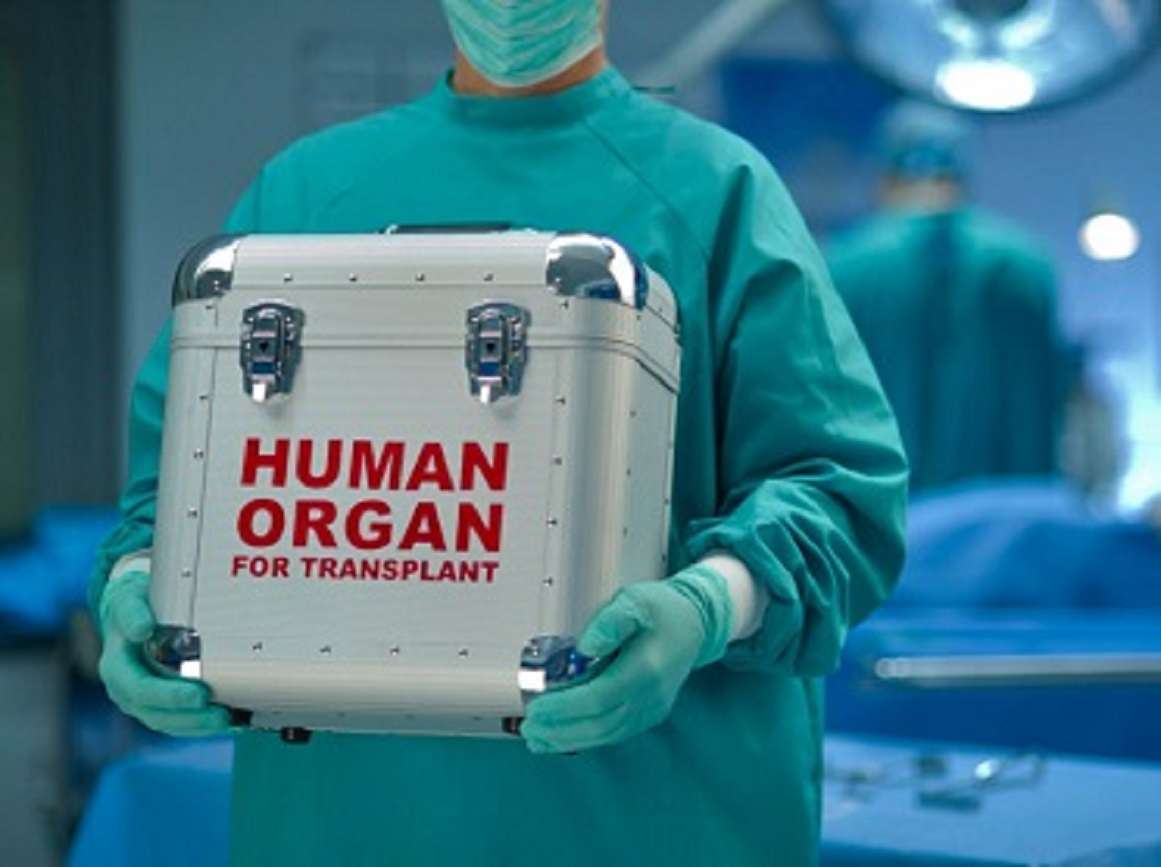The bipartisan End Kidney Deaths Act (EKDA) is currently moving forward in Congress. Dylan Matthews of Vox has provided a helpful summary of the legislation and its significance, which can be found at this link.
The Act proposes a federal tax credit of $10,000 per year for five years for individuals who donate a kidney to a stranger. This measure is expected to save an estimated 100,000 lives within the first decade of its implementation, according to Elaine Perlman, a kidney donor and advocate for the Coalition to Modify NOTA.
The Act has gained support from both Republicans and Democrats in the House of Representatives, with Representatives Nicole Malliotakis, Don Bacon, Josh Harder, and Joe Neguse endorsing it. Supporters have recently engaged in lobbying efforts on Capitol Hill to garner additional backing for the Act.
While EKDA has faced some opposition, it has made significant progress in a short amount of time. Matthews addresses various criticisms of the Act in his article, countering arguments that payment for kidneys may pose risks for donors or exploit the economically disadvantaged.
One concern raised about the End Kidneys Act is the potential for implicit price controls due to the fixed payment amount of $50,000. This could limit the supply of available kidneys, particularly for patients with unique genetic profiles that make finding a matching donor challenging. The author suggests that full legalization of organ sales without price controls could address these issues more effectively.
Although EKDA represents a positive step forward in reducing preventable kidney deaths, the author argues that full legalization of organ markets could yield even greater benefits, potentially saving an estimated 47,000 lives annually. While supporting EKDA as an improvement over the current system, the author emphasizes the advantages of complete organ market legalization.
In conclusion, while EKDA offers improvements over existing practices, the author advocates for the broader legalization of organ markets to maximize life-saving potential.
Source link





